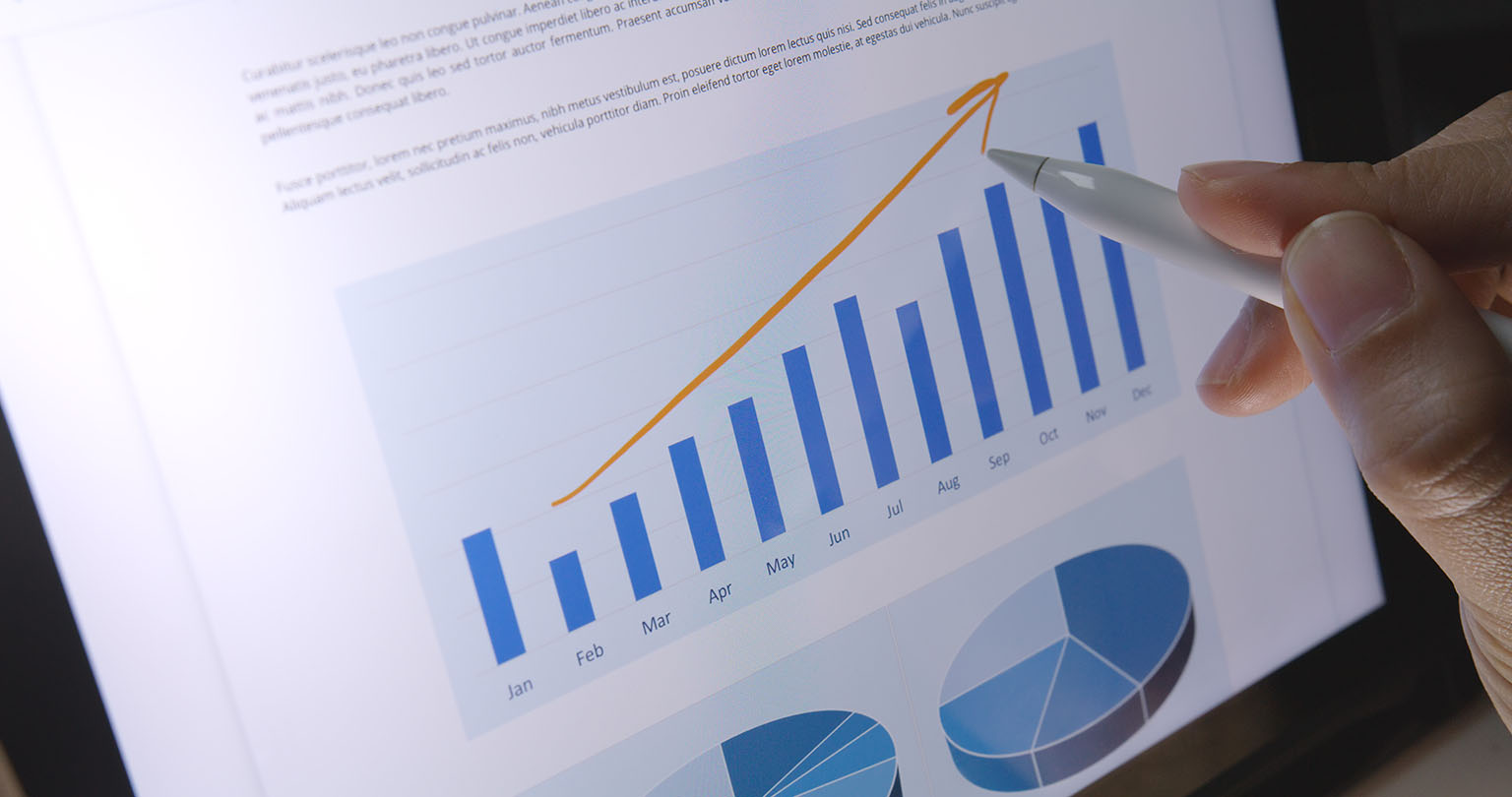Small Business Valuation Multiples: What Owners Need to Know in 2026

When starting to explore a sale, one of the first questions owners ask is: “What’s my company worth?” The answer often comes down to small business valuation, and more specifically, the multiples buyers use when comparing businesses.
But here’s the good news: you don’t need to become a finance expert to understand how multiples affect your business value. In this article, we’ll break it down in plain language, explain what buyers really look at, and show you why getting a valuation from certified professionals is the smartest step before you sell.
What Are Multiples (and Why Should I Care)?
You may not realize it, but you already use “multiples” in your everyday life. For example, if houses on your street are selling for 10 times their annual rental income, that gives you a shortcut to estimate your own home’s value.
This works in a similar way to valuing businesses. Buyers will look at small business valuation multiples to compare your company’s earnings to what similar businesses have sold for. If companies like yours typically sell for about 3-5 times their yearly profit, then your business might fall within that range as well.
That said, every business is unique. Multiples serve only as a starting point. The real value comes from taking a deeper look at your financials, customer base, and growth potential.
[INLINE_CTA]
The Role of Multiples in Small Business Valuation
Buyers like multiples because they’re simple. But a certified appraiser knows there’s no one-size-fits-all approach to valuation. Even if two businesses show the same annual earnings on paper, their value to a buyer can differ significantly:
- A business with long-term contracts and steady growth potential is often worth more because buyers see less risk and more upside.
- A business that relies heavily on one major client is usually worth less, since losing that client could jeopardize the company’s stability.
Industry valuation multiples are a useful starting point for valuing a business, but as noted above, other factors can influence the price beyond what this approach captures. This is why a professional valuation is so important – it digs deeper to identify the details that truly set your business apart.
Typical Multiples for Small Businesses in 2026
Here’s where most businesses fall today:
- Very small businesses (“Main Street” deals under $2M): Often valued at about 2 to 3 times the owner’s annual earnings (called Seller’s Discretionary Earnings, or SDE).
- Larger small businesses ($2M-$50M): Often valued at about 3 to 6 times EBITDA (earnings before interest, taxes, depreciation, and amortization).
What Makes Multiples Go Up (or Down)?
When we perform a small business valuation, we don’t just plug numbers into a formula. We look at the factors that make buyers pay more, or less.
Here are some of the drivers of business value:
- Earnings Quality: Clean, healthy margins are worth more than inconsistent or weak margins.
- Customer Base: A diversified customer base is less risky than relying on one or two large accounts.
- Industry Trends: Sectors in high demand will attract stronger buyers.
- Industry Trends: Sectors in high demand will attract stronger buyers.
[INLINE_CTA]
Why Rules of Thumb Can Be Misleading
If you Google: “what’s my business worth,” you’ll find quick calculators and “rules of thumb.” While these can be tempting, they are often dangerous shortcuts.
In our experience, businesses that obtain a valuation from certified professionals typically sell for 90% or more of their appraised value, compared to only about 70% for those selling without one. The difference comes down to having a valuation that buyers trusted.
This is why relying on “average multiples for small business sales” alone can leave money on the table.
How a Professional Valuation Helps
A certified small business valuation does three things for you:
- Takes the Guesswork Out: Instead of wondering whether your multiple is 2x, 4x, or 6x, you’ll know exactly how buyers will view your business.
- Makes It Defensible: A report prepared by certified appraisers is something buyers, lenders, and even courts trust. The IRS requires that valuations follow professional standards so the numbers can be defended if challenged.
- Builds Confidence: Buyers are more likely to pay close to asking price when they know the valuation is backed by certified professionals.
[INLINE_CTA]
Real Examples
From our reports, we’ve seen:
- A specialty food company whose loyal customer base pushed its multiple above industry averages.
- A professional services firm with one major client that saw its multiple decline, despite strong profits.
- A retail chain where brand recognition and recurring traffic supported a higher multiple than peers.
Each case proves that multiples are only the beginning, the real story lies in the details.
What Business Owners Should Do in 2026
If you’re even considering selling within the next few years, now is the time to get a valuation. Here’s why:
- It helps you understand your business’s true worth.
- It gives you a roadmap for improving value drivers before you sell.
- It makes your asking price credible to buyers and lenders.
Don’t let “rules of thumb” or online averages mislead you. A professional small business valuation gives you not just clarity, but confidence and a stronger negotiating position.
Order your small business valuation from BizWorth today and see your business’s true worth.


